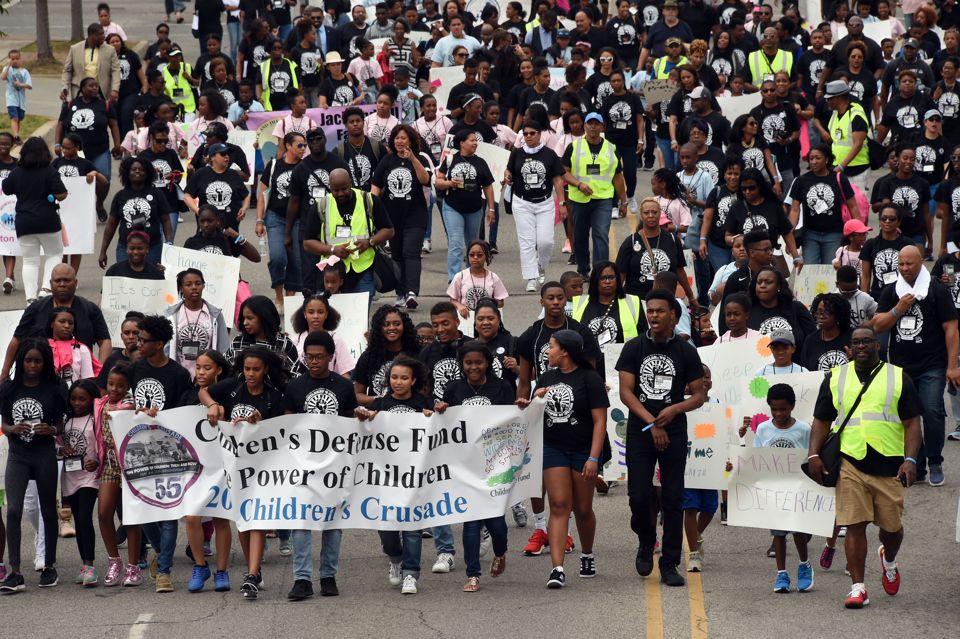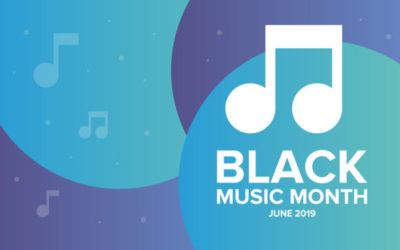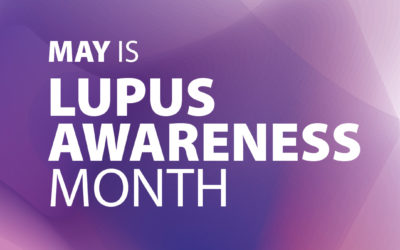LOVE LETTERS: THE GIFT THAT KEEPS ON GIVING
How does one repay the affection and attention that our family members have lavished upon us? We can’t – but we can ensure that we are prepared if the time comes that our loved ones can no longer take care of themselves and need our help. Why? Simply, Because We Care.
Experts tell us that by the year 2020, the United States will need more caregivers than teachers due to our rapidly aging population. Along with Hispanics, African Americans have the highest reported prevalence of caregiving. Ethnic minorities also provide more care, use less formal services, and subsequently report worse health than their White counterparts. The need to provide care to a loved one often comes without warning, and both receiving and providing care can have major legal, economic and health implications for the entire family.1
In March 2014, The Black Women’s Agenda, Inc., and its National Collaborating Organizations launched Because We Care – an initiative in collaboration with AARP which featured a series of free forums that provide Black women and their families with the resources and tools to take better care of their loved ones and themselves. Recently, the organization expanded this initiative to introduce “Love Letters” a critical information template that helps families begin the conversation on providing and receiving care.
BWA encourages you to give yourself and your loved ones an invaluable gift – resolve to broach the subject of caregiving with your family and those close to you, again simply Because We Care.
For additional information on preparing to give or receive care, please click on the “Because We Care” or “Conversations on Caregiving” tabs on this website.
♦♦♦
1 Dilworth-Anderson, P., Williams, I.C. and Gibson, B.E. (2002). “Issues of Race, Ethnicity and Culture in Caregiving Research: A 20-year Review (1980-2000). Gerontologist, 42(2), 237-272.
OTHER NEWS
SPOTLIGHT FEATURE ON JACK AND JILL OF AMERICA, INC.
To be valued and loved. To know who you are and that you have the power to make a
difference. These are the aspirations that most mothers have their children. In 1938, in the midst
of the Great Depression, twenty African-American mothers in Philadelphia came together not to
hope or to dream, but to provide the opportunities, experiences, and life lessons that would
enable their children and others to live these truths. Their group became Jack and Jill of
America, Inc. – an organization that’s mission is as relevant today as it was some 80 years ago.
JUNE IS AFRICAN AMERICAN MUSIC APPRECIATION MONTH
This June, The Black Women’s Agenda, Inc. (BWA) joins our nation in celebrating the 40th Anniversary of African American Music Appreciation Month.
The month-long observance, which was first inducted on June 7, 1979, by President Jimmy Carter was christened as Black Music Month. President Barack Obama renamed the national observance as African-American Music Appreciation Month. The observance was created to recognize and celebrate the historical influence African-Americans have had on the music industry and is intended to pay homage to the many artists, writers, songs and albums that have inspired music lovers and shaped American pop culture.
May Is Lupus Awareness Month
In honor of Lupus Awareness Month, the Lupus Foundation of America released a new survey they recently commissioned which reveals the need for better public understanding of this devastating autoimmune disease and why early diagnosis is so important.
According to the Lupus Foundation of America, “The survey sample was designed to be reflective of the U.S. population’s diverse demographics. Women of color are at two to three times greater risk for developing lupus than Caucasian women. However, over half of respondents (62%) didn’t recognize that minority populations were disproportionately impacted by lupus.
Minority women tend to develop lupus at a younger age, experiencing more serious complications and have higher mortality rates. This was reflected among minority respondents who indicated they were also more worried about developing the disease than others surveyed: 44% compared to 29% of the sample overall.”
© 2025 The Black Women’s Agenda, Inc. All Rights Reserved. Privacy Policy








